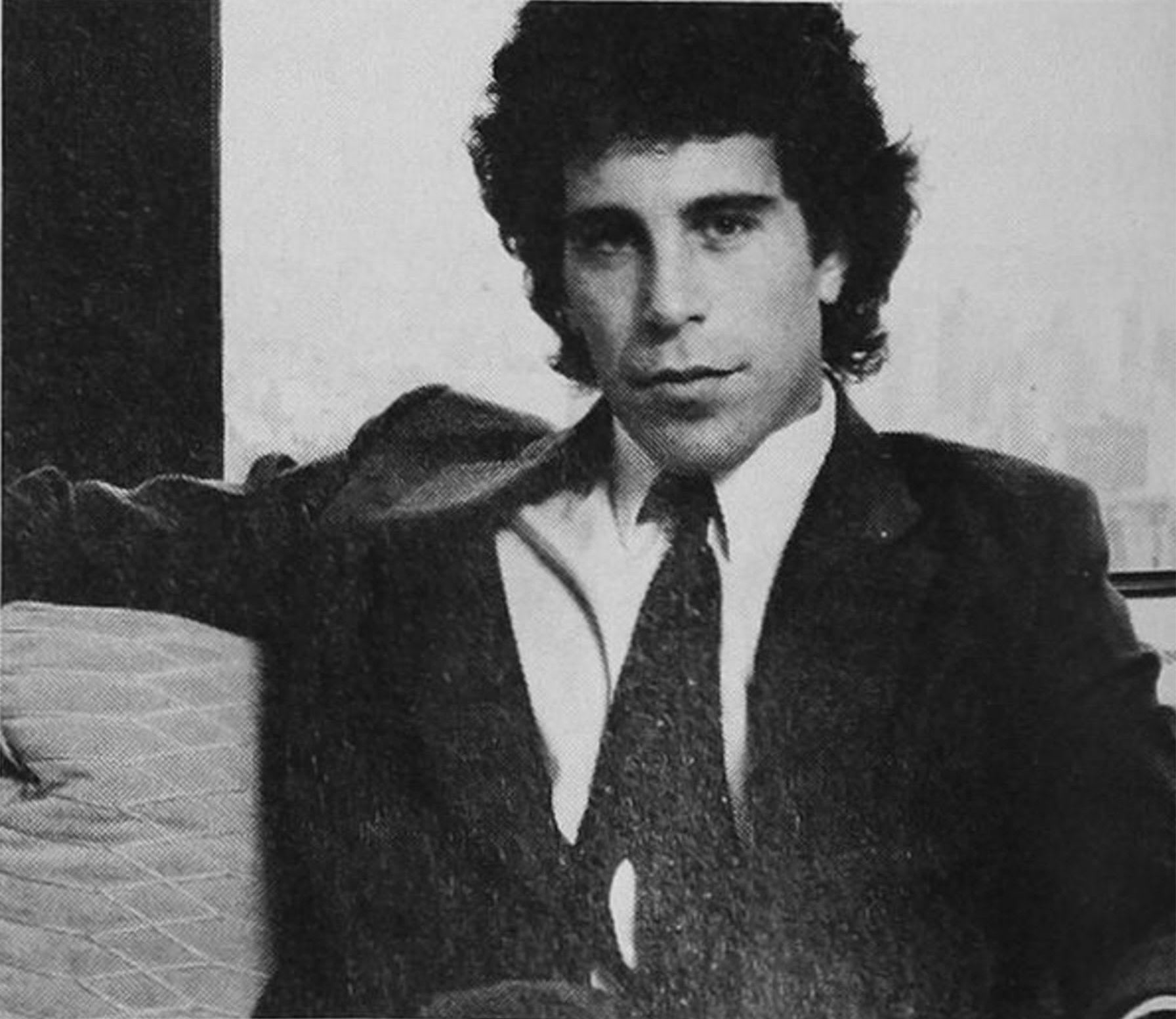Slaveholders. Abusers. Criminals. In the past 383 years, Harvard has accepted donations from countless despicable offenders. Last year, Harvard received $1.4 billion in donations. Some of that money was “dirty” money, sullied by the various infractions of its donors.
Jeffrey Epstein abused and assaulted tens of girls, and he faced too few repercussions too late. He is just another man in a long line of evil men whose money runs our world. A quick Google search reveals the outcry surrounding donations from Epstein. Headlines with phrases like “Too Tainted to Keep” and “Harvard’s Deafening Silence on Epstein” are indicative of the popular view that institutions like Harvard should be held accountable for the behavior of their donors. The strongest argument for this viewpoint is that money, naturally, is influence, and our institutions of higher learning, our beacons of education and progress, should not be under the influence of men as despicable as Epstein. But should Harvard even be influenced by its morally permissible donors?
On September 12, Harvard University President Lawrence Bacow announced that “the University will redirect the unspent resources [from Epstein] to organizations that support victims of human trafficking and sexual assault.” This was an honorable course of action, and perhaps Harvard should be funneling more resources to such organizations anyway. Once a donor makes a donation, though, the donation belongs to the recipient. The donor’s standard of behavior ceases to matter and the recipient becomes fully responsible for the money. The prevailing notion that institutions should only accept money from donors that meet a certain moral standard — even one as easy to meet as this — is illogical.
What is Harvard responsible for?
Harvard should be held responsible for accepting money without accepting strings. No donor, regardless of who they are, should have undue influence over Harvard’s policies and decision-making processes. Harvard should be held to a high standard in terms of how it spends its money — a standard of efficacy, efficiency, and ethics — but the source of the money is irrelevant.
Of course, it is unrealistic to expect that donors will not have any leverage over Harvard, but that is the reality we should reach for. What does leverage mean, anyway? Donors are awarded privileges — their children are at an advantage in the admissions process and the administration avoids some policy changes that would inhibit cash flow. Those privileges hardly extend to a systemic cover-up of a horrifying pattern of sexual abuse, though. Harvard rejected Epstein’s donation following his 2008 conviction on prostitution charges, and it has not received any gifts from him since. The administration did not keep Epstein out of jail. Epstein could not influence Harvard policies to somehow aid his criminal activity. Harvard does not deserve punishment.
In the case of named endowments and other donations that publicly acknowledge or celebrate a donor, a certain standard of integrity must be met by the donor. By publicly honoring a donor, Harvard is endorsing that figure. The same does not hold true for other donations; accepting money from an individual is not endorsing that individual. For that reason, the controversy surrounding Epstein’s donations is unnecessary. Harvard did not endorse Epstein, even if he endorsed Harvard, so there is no reason to criticize Harvard for its association with him. Epstein’s visiting fellowship in the Department of Psychology was in 2005, before any charges were brought against him. The title of visiting fellow hardly counts as an endorsement, and the timing of his fellowship weakens any argument about his immoral influence in that role. Furthermore, the fellowship and the donation are unrelated. Many individuals stake a claim in Harvard, especially as the College is so widely revered. What matters is in whom Harvard stakes a claim, and Jeffrey Epstein is not one of those people.
Systemic Failure
Bacow’s decision to redirect the remaining funds to organizations that support victims of sexual assault is certainly admirable. It is fitting that Epstein’s money will be supporting the victims of men like him, but his victims will not get their day in court or another cent of his millions. The justice system has failed these women. Non-disclosure agreements and settlements and an entire network of people who knew and stayed silent failed these women. But Harvard did not fail these women by accepting donations from Epstein. The insistence on following the trail of money distracts from the trail of enablers. All eyes should be on Epstein and the systemic and individual failures that kept him out of jail.
Men like Epstein sit on our Supreme Court. They sit in the Oval Office. They fight for our country. They serve as police officers. They teach at our universities. They work in our hospitals. They preach at our pulpits. We are learning how to remove them from those positions of power and we are learning how to prevent them from reaching those positions of power in the first place. We are learning how to expose them. We are learning how to bring them to court. We are learning how to achieve justice. In the meantime, let’s take their money. And do what we want with it.
Image Credit: Wikimedia Commons / Stephen Ogilvy
